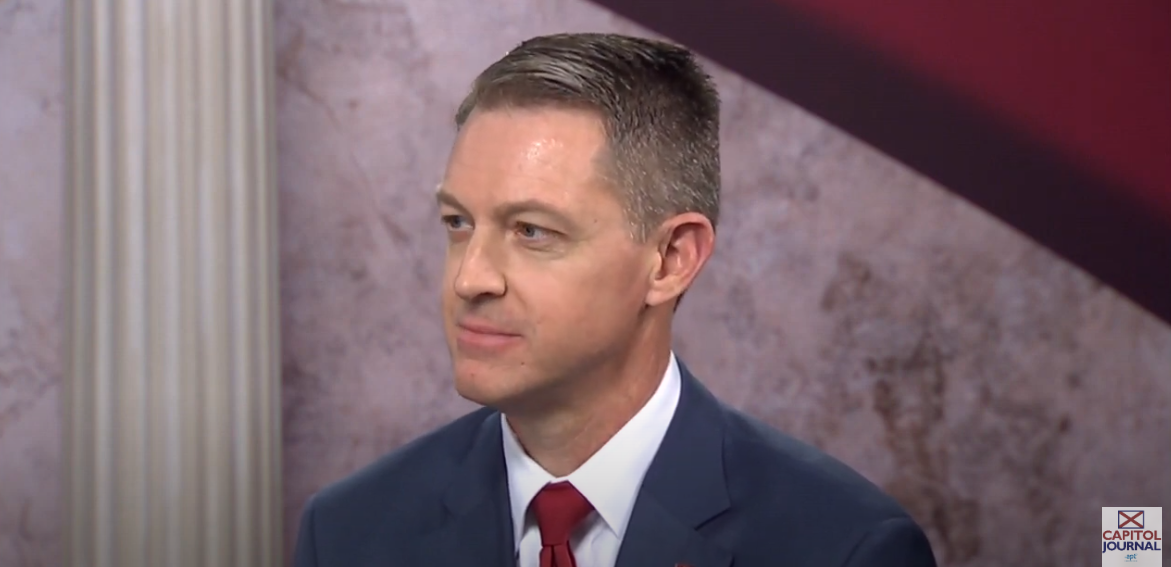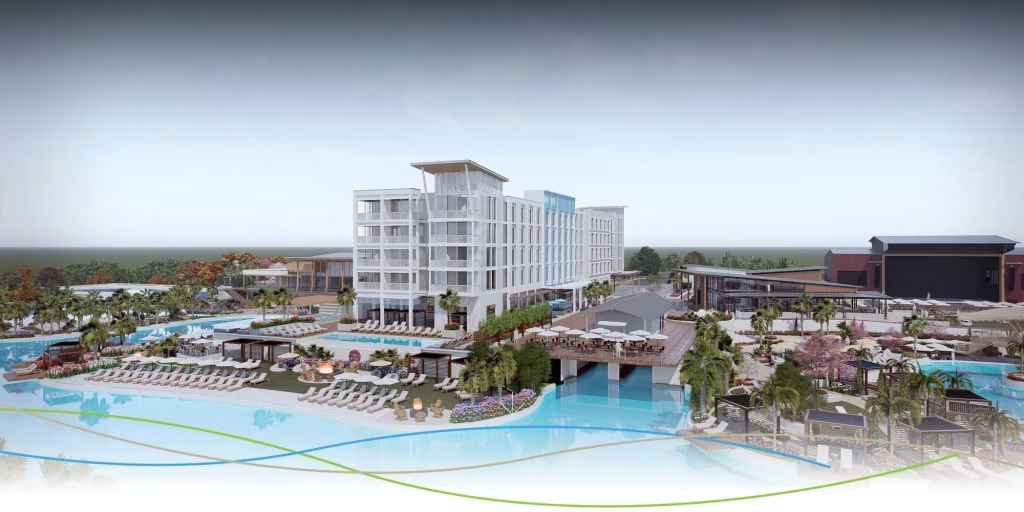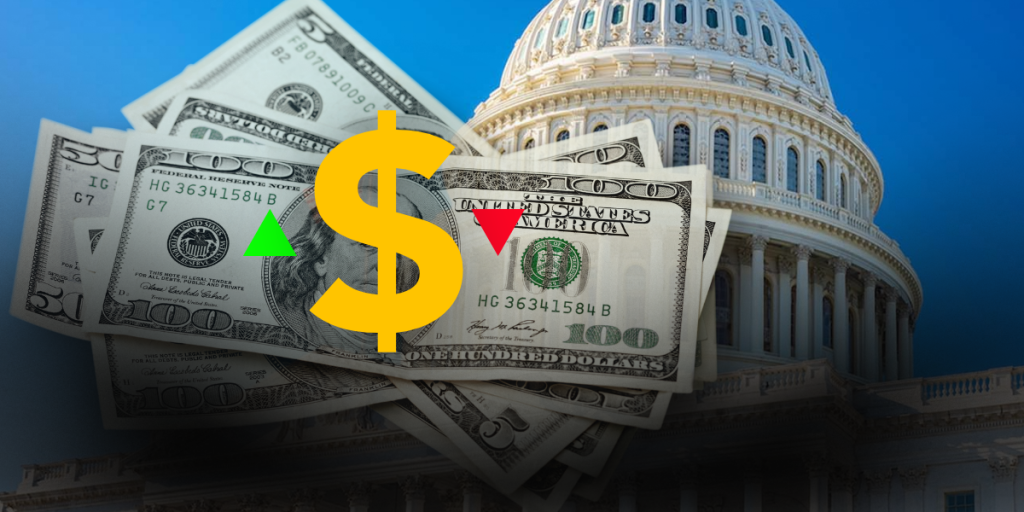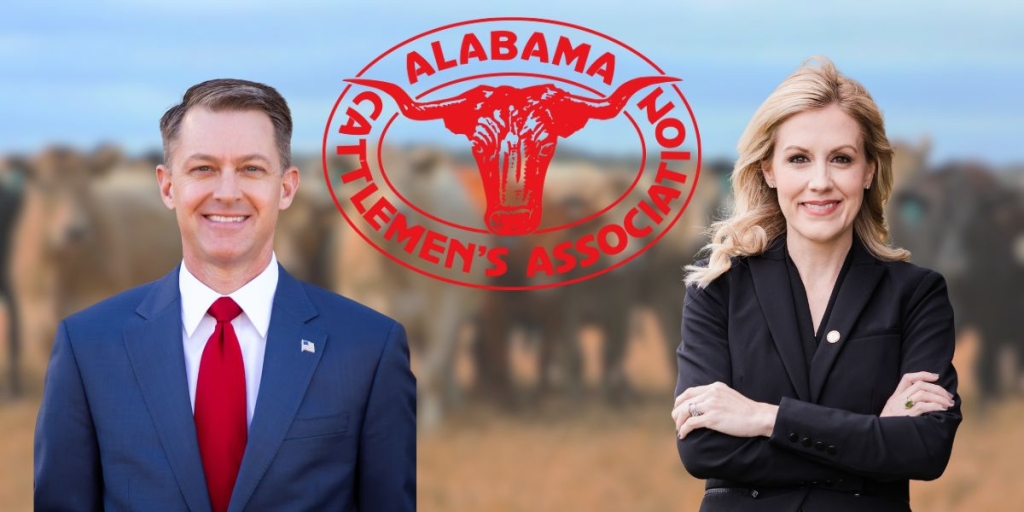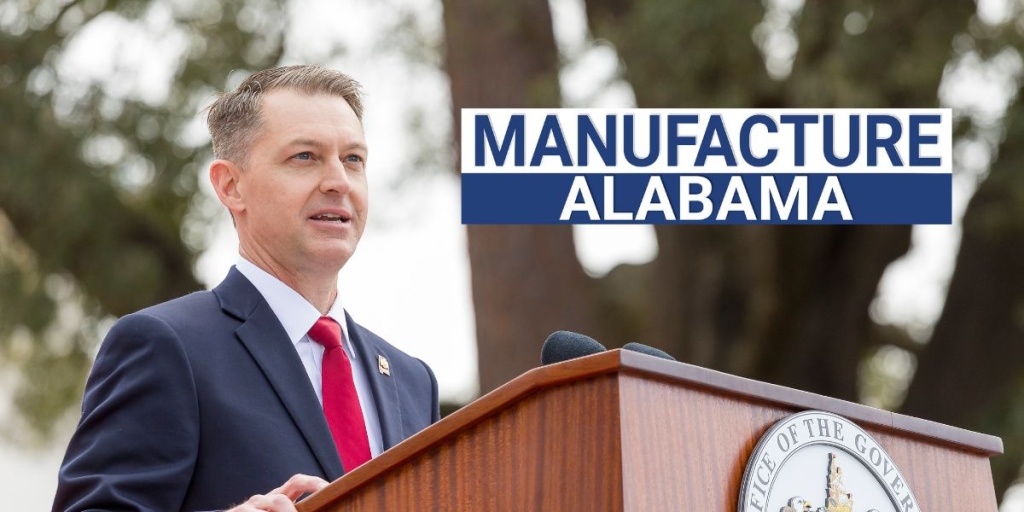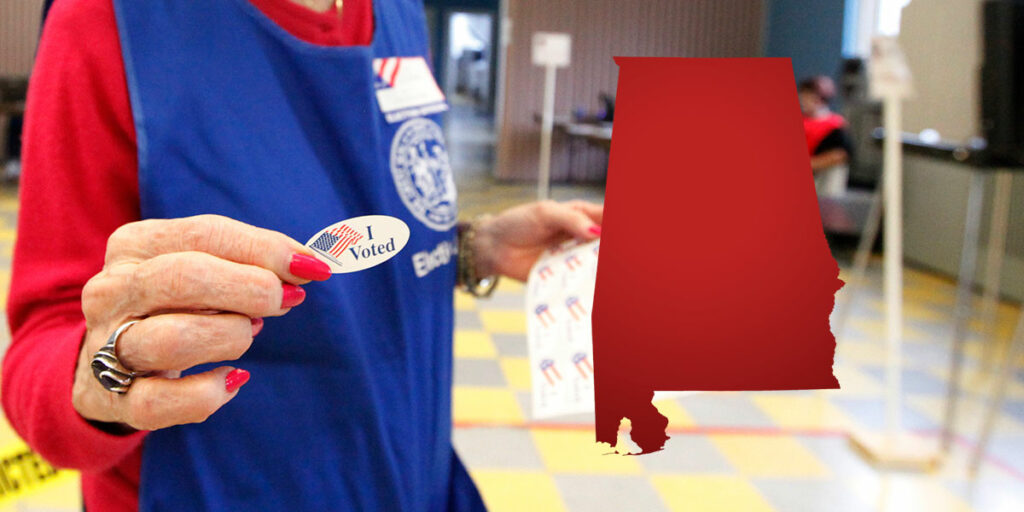Last month, in his first official act in office, Alabama Secretary of State Wes Allen withdrew the state from the Electronic Registration Information Center (ERIC), something he promised to do while on the campaign trail.
Allen defended his decision during a recent appearance on Alabama Public Television’s “Capitol Journal.”
“There are a lot of issues that came up with it, with ERIC,” Allen said, “and we were uncomfortable with it, and you heard it on the campaign trail, and we made the promise that we would make sure to protect our data and find an Alabama solution.”
The newly elected secretary of state believes the ERIC system compromised the private data of Alabamians.
“We talk so much about protecting our personal private information, data breaches, we hear about it all the time,” he said. “Every 60 days Alabama’s driver’s license information is transferred to ERIC … that’s very very concerning that all of that private data is going to a private nonprofit where we don’t know where those servers are in the first place.”
Allen was also concerned about protecting the private information of minors in the state.
“(The) data from minors and children, those less than 18, 17 years old or approaching voting age, are transferred as well,” he said. “ERIC was sold as making sure we have clean voter roles. If that’s the case, why do they need information on minors and children?”
He also thinks the creators of the system had ulterior motives that were not necessarily in the best interests of voters in Alabama.
“The left in this country, one of their holy grails is automatic voter registration,” he said. “Well they knew, the left knows, they can’t get that passed through a conservative state Legislature. And one of the reasons I think they created this system was to make the taxpayers pay for voter registration because … it costs a lot of money to get voter registration drives, it just cost a lot of money. So, now you’re getting the taxpayers to pay for it. They can revert that money to voter turnout.”
Allen said his next goal is to work with other state agencies to put together a better program that keeps the voter roles clean and secure.
“We’ve already got the data, the driver’s licenses that ALEA sends to ERIC in the first place,” he said. “So we want to talk and touch base and meet with the Department of Revenue, the Department of Public Health, all the state agencies that we can sit down with and talk to and put a program together to make sure we have strong clean voter roles.”
Yaffee is a contributing writer to Yellowhammer News and hosts “The Yaffee Program” weekdays 9-11 a.m. on WVNN. You can follow him on Twitter @Yaffee




